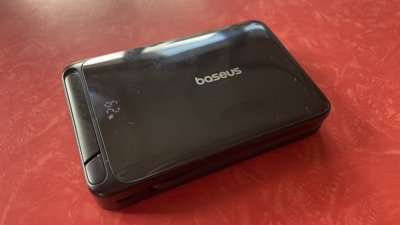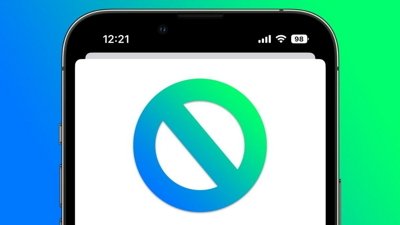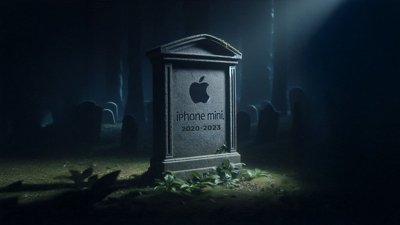While Apple continues to expand its highly successful retail presence, Samsung's own retail experiment appears to be floundering, as the South Korean electronics maker has closed its flagship store in one of Europe's largest malls.
The closing of the Samsung Experience Store at London's Westfield Stratford City shopping center was first revealed on Wednesday by The Verge. The shuttered store is already being disassembled, and a note posted out front signed by "The Samsung Team" refers shoppers to alternative locations for support and sales.
The company issued a statement saying that it's "fully committed" to its remaining nine Experience Stores in the U.K." It said those locations will not be affected by the decision to close the London shop.
Apple, meanwhile, operates a total of 38 stores in the U.K. Three of those are in London — Â at Covent Garden, Regent Street, and White City.
Since the Samsung shops began to open, critics have noted their numerous similarities to Apple's highly successful brick-and-mortar locations. Microsoft, too, has stepped into the retail game with Apple-like shops strategically located in malls where Apple has an established presence.
And it's all over for the flagship #Samsung Experienced store in @westfieldstrat #signofthetimes pic.twitter.com/P03eNivsab
— Najeeb Khan (@najeebster) December 23, 2014Samsung even hired a former Apple Store designer to push its retail efforts. The company's retail plans also involve nearly 1,500 mini-stores at Best Buy locations throughout America.
The closure of Samsung's flagship London location comes as its smartphone business has been struggling through 2014. Last quarter, Samsung's mobile division saw its profits drop by 73.9 percent, while Apple grew its operating profits 11.3 percent.
Samsung ships about twice as many smartphones per quarter as Apple does, but many of those are low-end, low-margin devices that do little to help the company's bottom line. In terms of mobile profits, Samsung is a distant second behind Apple, though virtually all other mobile companies barely break even or actually lose money.
 Katie Marsal
Katie Marsal








 Christine McKee
Christine McKee
 Wesley Hilliard
Wesley Hilliard
 Thomas Sibilly
Thomas Sibilly
 Marko Zivkovic
Marko Zivkovic
 Andrew O'Hara
Andrew O'Hara
 Amber Neely
Amber Neely
 William Gallagher
William Gallagher









76 Comments
El Oh El
AHAHAH
[quote name="AppleInsider" url="/t/184038/samsung-shutters-flagship-retail-experience-store-in-london#post_2654692"]a note posted out front signed by "The Samsung Team" refers shoppers to alternative locations for support and sales.[/quote] Alternate locations like the nearest Apple Store. [quote name="AppleInsider" url="/t/184038/samsung-shutters-flagship-retail-experience-store-in-london#post_2654692"]The company issued a statement saying that it's "fully committed" to its remaining nine Experience Stores in the U.K."[/quote] They are also committed to selling PCs everywhere expect Europe... until their lack of customers changes their minds for them. The experience of plagiarism has a very brief satisfaction period.
So surprised ... NOT!
No surprise there. Whenever I passed by the shop it was always almost empty (the only people in there were staff) whilst all the neighbouring shops were swarming with customers.